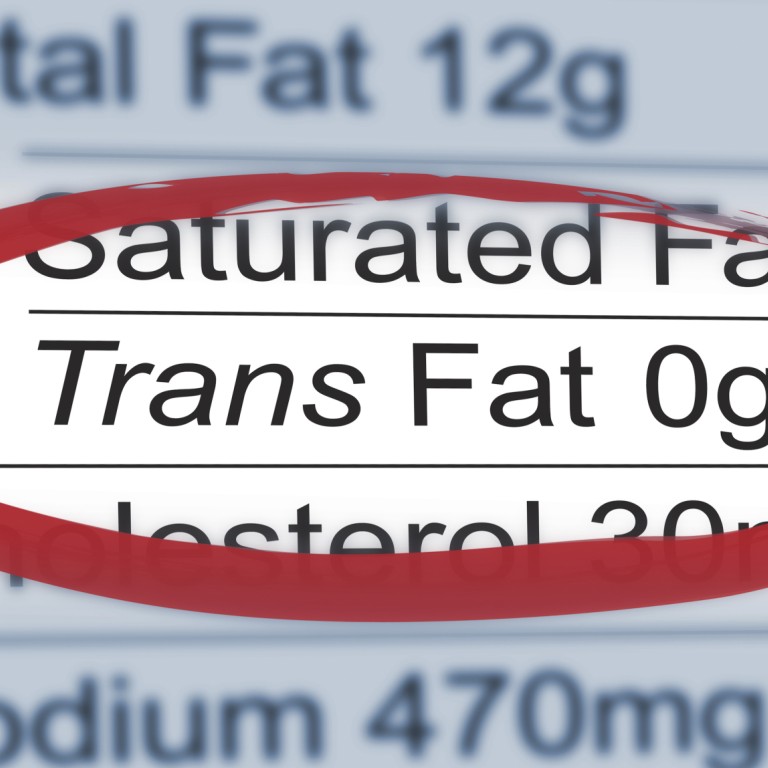
A ban on trans-fats is the way to go
Protecting public health should be a government's top priority. That is what the US administration is doing in seeking to ban artificial trans-fats in food. Controversial as it is, the step is pivotal in the long crusade to remove the artery-clogging ingredient from the American diet.
Protecting public health should be a government's top priority. That is what the US administration is doing in seeking to ban artificial trans-fats in food. Controversial as it is, the step is pivotal in the long crusade to remove the artery-clogging ingredient from the American diet.
The move has also renewed the momentum for governments around the world to consider doing the same. Countries such as Denmark and Switzerland have long outlawed trans-fats in food processing. The Hong Kong legislature joined the international debate with a motion in favour of a ban in 2007; but the government subsequently opted for a law that mandates information on trans-fats and other ingredients in nutrition labels. Guidelines on reducing trans-fats, widely used in pastries and dairy products to improve texture and prolong shelf life, have also been issued.
Critics argue that eating is a personal habit. The labelling law is good enough in that it helps consumers to make their own choices. Those fighting the ban in US take it as a liberty issue, warning of a "nanny state" if what people put in their mouths becomes government business. But the other side of the argument is public health. Labelling does not make food healthier. To ensure harmful additives do not make it to the shelf, a ban is the sensible way to go.
Last June, a laboratory test found that three popular mainland milk-powder brands also contained trans-fats at levels of 0.4 and 0.6 grams per 100 grams. The levels fall within mainland and international safety standards, but the content was not indicated on nutrition labels.
There is no shortage of scientific evidence to prove that the risk of coronary heart disease is increased substantially as a result of trans-fat consumption. According to the US Food and Drug Administration, the proposed ban can prevent 20,000 heart attacks and 7,000 deaths a year. It is good to hear that officials are monitoring the international development. There is a strong case for Hong Kong and the mainland to follow.

